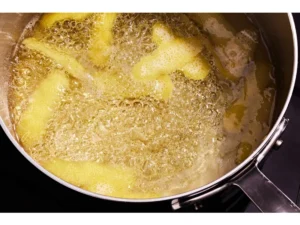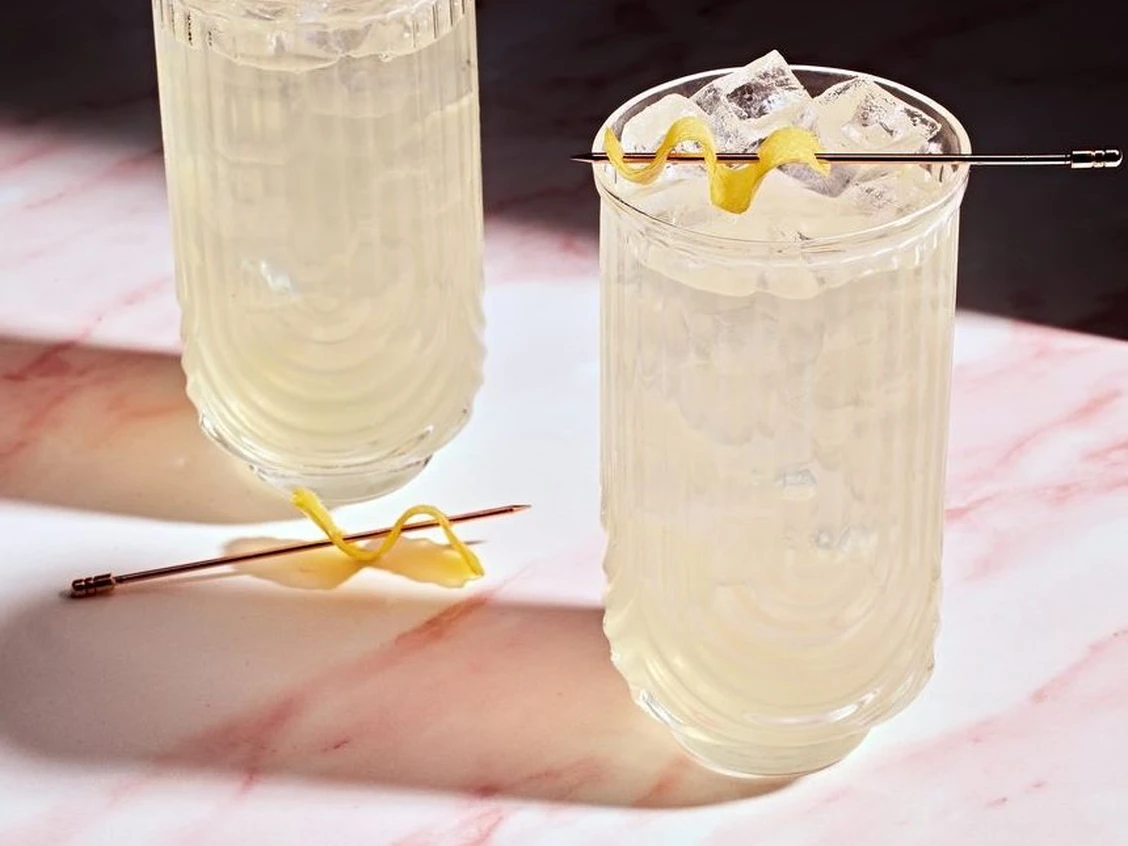When life hands you lemons, it’s not necessarily trying to destroy whatever scant fibres of sanity you have left. On the contrary, lemons may very well be the thing that ends up saving you! On some level, lemons have always been looking out for us, even if we insist on making them the sourpuss in our sayings.
Originating in the once-borderless lands of Asia, the earliest lemons were far too bitter to eat, but humans established plenty of medical uses for every part, including rind and root. Lemons balanced vata and qi — a.k.a. vital life energies — all while looking gorgeous. As curative as it was, the tree was prized primarily as an ornament, and as civilizations expanded, the lemon, on the strength of its good looks, made its way westward to Ancient Rome. It also helped that beneath the sweltering Mediterranean sun, lemons perfumed the air with a glorious aroma that was intoxicating to humans … and repulsive to flies and mosquitoes.
It’s not surprising that something so tasty as lemonade eventually made its way from healthful tonic to casual beverage, and became the trendiest drink in 17th-century Paris. Thousands of lemonadiers roamed the city streets with large canisters, quenching Parisians’ thirst and, one theory has it, possibly saving them from a plague outbreak in the process.
A resurgence of the Black Death had been steamrolling its way throughout Europe, wiping out town after town, as it made its way toward Paris. Yet somehow, the city was largely spared! Many believed it to be a miracle, for what else could deter such an unknowable horror? It would be another 200 years before the advent of germ theory, or the discovery that plague wasn’t caused by evil spirits but spread by the fleas that tormented rats.

Since it’s mostly water and sugar, lemonade doesn’t actually derive many “healthy” benefits from the lemon’s chemistry, but plenty from its flavor. In that spirit, my recipe for the classic drink stars by infusing sugar syrup with lemon peels, before the juice even enters the picture.
During the 1918 flu pandemic, a collective of California citrus growers (known as Sunkist) decided that the refreshing taste of lemon could spur the infirm to drink more fluids. While doctors understood it wasn’t a cure, they knew hydration helped patients survive, so lemon was medicine. Sunkist ran newspaper ads advising the public to “avoid crowds, take adequate exercise, get plenty of sleep, and drink one or two glasses of hot lemonade daily.” (The flu must have found iced lemonade just too refreshing.)

Leave a Reply